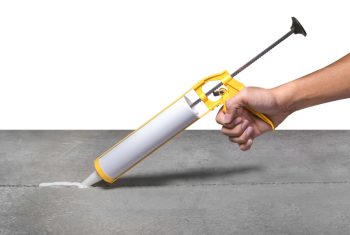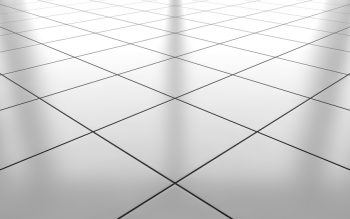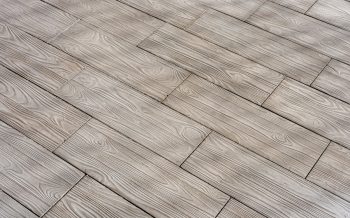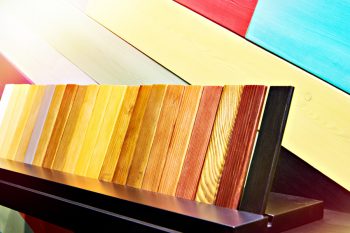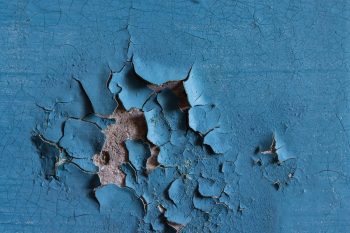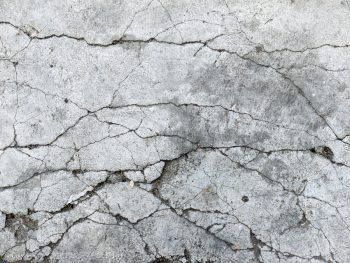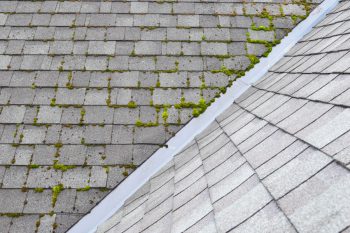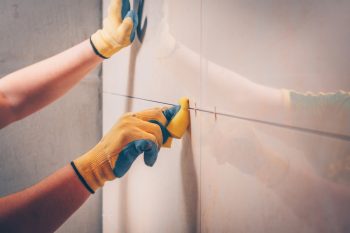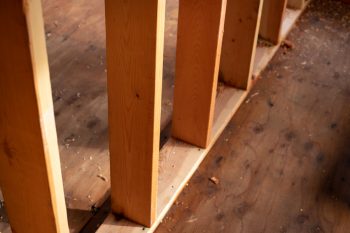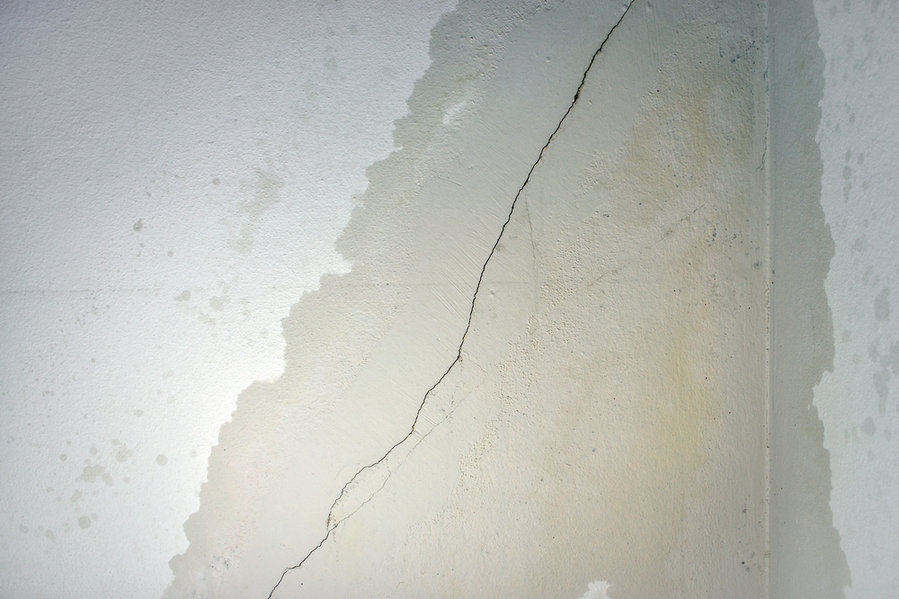
Cracks and breaks in concrete walls can turn into active water leaks. Moreover, sometimes, after a hard rain, concrete walls may leak. These leaks often occur when the concrete wall is built with low-grade materials.
Whatever the cause, you must fix it so the wall’s longevity is not compromised. But how do you seal a leaking concrete wall?
When faced with a leaking concrete wall issue, first inspect the wall to identify the cause of the leak. Based on the cause of the leak on the concrete wall, you can fix the issue using any of the following methods:
- Foam
- Patching Mortars
- Sealants
- Glue
Dealing with water problems on your wall will not only compromise the foundation’s integrity but also cause molds to grow on the porous concrete surface, creating a musty smell, which is usually unpleasant and unhealthy.
This article will walk you through the several methods you can use to seal a leaking concrete wall.
4 Ways To Seal a Leaking Concrete Wall
Water can leak through concrete walls in so many ways. In some cases, it could be due to the reinforcing rods that hold the concrete steady. When the concrete dries, and the builders remove the rods but fail to fill the void or hole left behind by the rod, water can leak through it.
Similarly, the leak could result from failed waterproofing or an inefficient drainage system which causes a hydrostatic pressure build-up on the structure’s exterior. In some other cases, the leak could result from changing environmental conditions.
Whatever the cause of the leak, one crucial thing is that you ought to figure out how to stop the leak as soon as possible. Below are some quick fixes to stop leaks on a concrete wall.
1. Foam
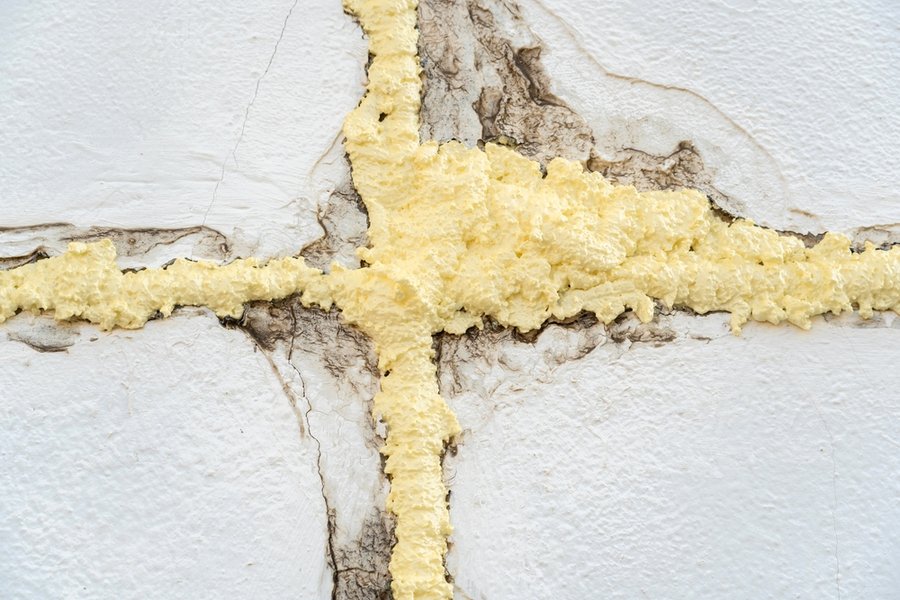
Foam is one of the best solutions to seal leaks on a concrete floor. Polyurethane foam, in particular, is one of the best concrete foams you can use to patch small and large holes in a concrete wall. Polyurethane form is ideal for sealing concrete walls because it is a closed-cell foam compound.
A closed-form compound expands and hardens. As such, using this polyurethane foam which is also water-resistant, to fix cracks on concrete walls is ideal for solving your moisture problem. Another advantage foam products bring to your project is that it is relatively easy to use on concrete walls.
2. Patching Mortars
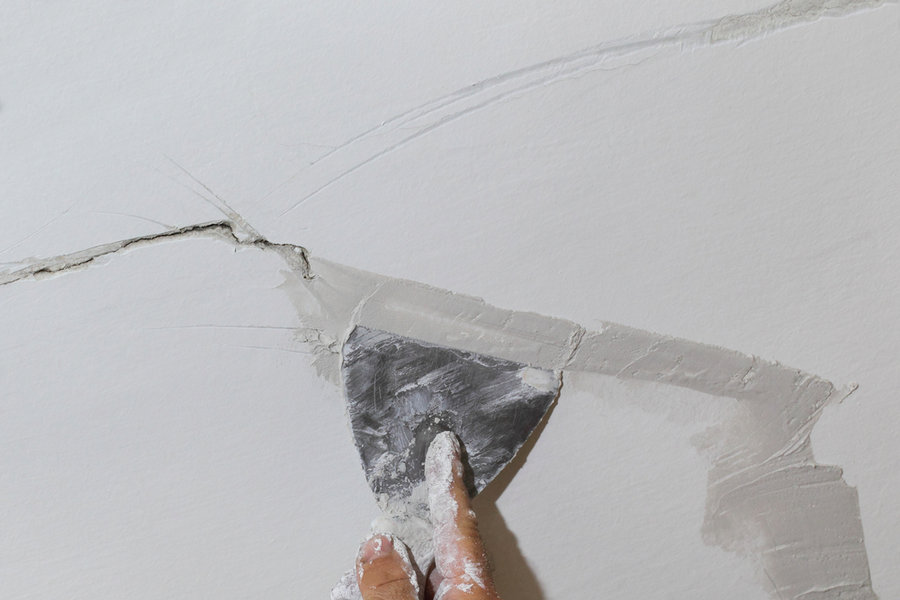
Another option to seal leaks on a concrete wall is the patching mortar. This hydraulic cement is typically sold as a powder. So, when you get it, you must mix it in a putty-like form with the right amount of water to achieve the right consistency.
You can apply the hydraulic cement on the spot on the leaking concrete wall. Before you apply this cement to the concrete wall, you should enlarge the opening slightly and remove any loose concrete material.
So, when you apply hydraulic cement, it cures quickly and firmly on the concrete. Often this cement takes about three minutes or less to harden.
3. Sealants
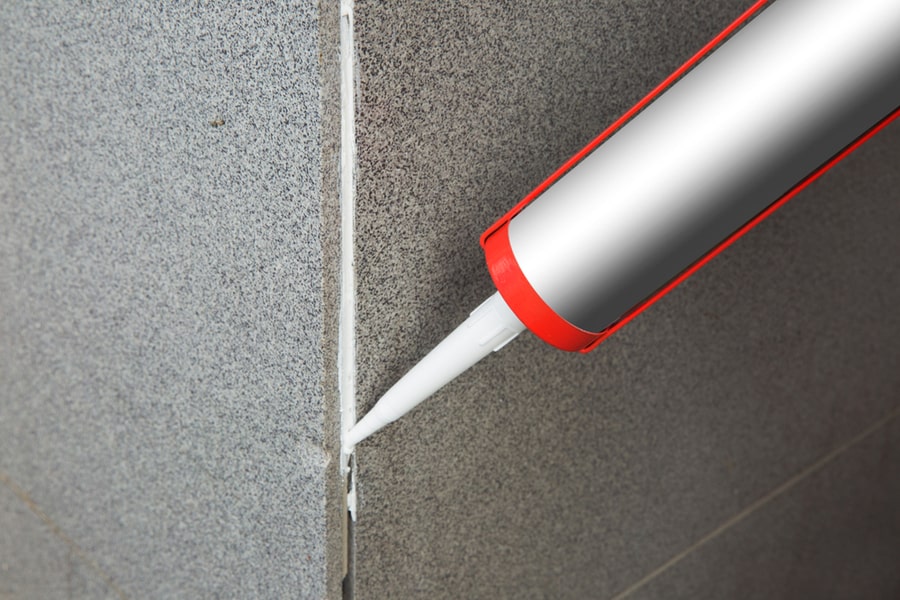
A sealant is the best option when you have tiny cracks in the concrete wall. Using a sealant fixes the crack problem and adds a protective layer on the concrete wall protecting against UV rays and humidity. Even if the crack on the wall is splitting, you can still use a sealant to solve the problem.
Moreover, concretes are porous, so moisture is common to seep through them. Painting a generous amount of sealant on the concrete wall can completely seal any crack and reduce the porosity of the concrete wall.
4. Glues
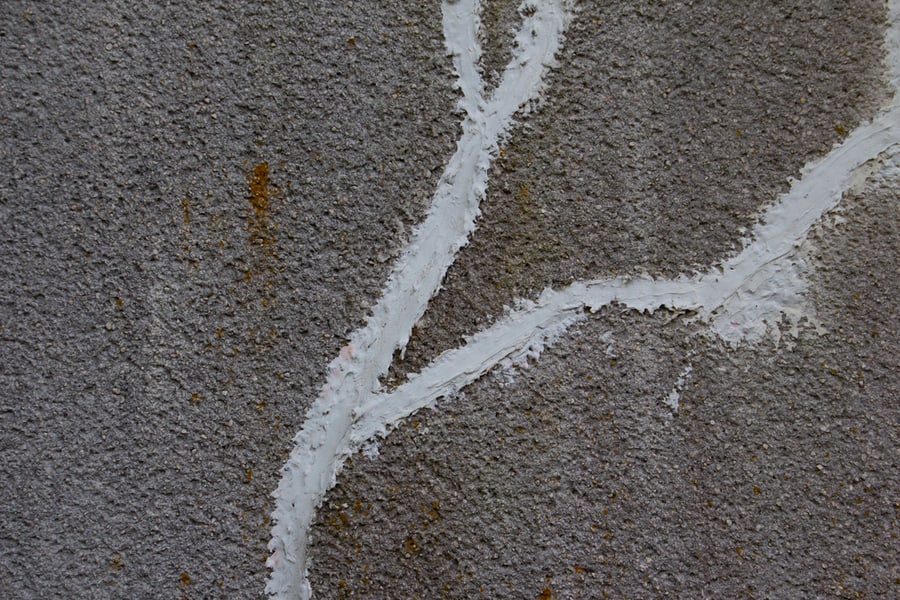
Glues can also be used to fix cracks and leaks on concrete walls. A 2-part epoxy glue is one of the best glues to solve a leaking concrete wall problem.
While epoxies are plastic resins, you will almost think they will not bond well to concrete. But on the contrary, epoxy bonds well to concrete which hardens when it cures.
Using glue on a leaking concrete wall not only solves the leak but can also help prevent any future cracking problem as it bonds the concrete together. Most importantly, epoxy resins are water-resistant.
Summary
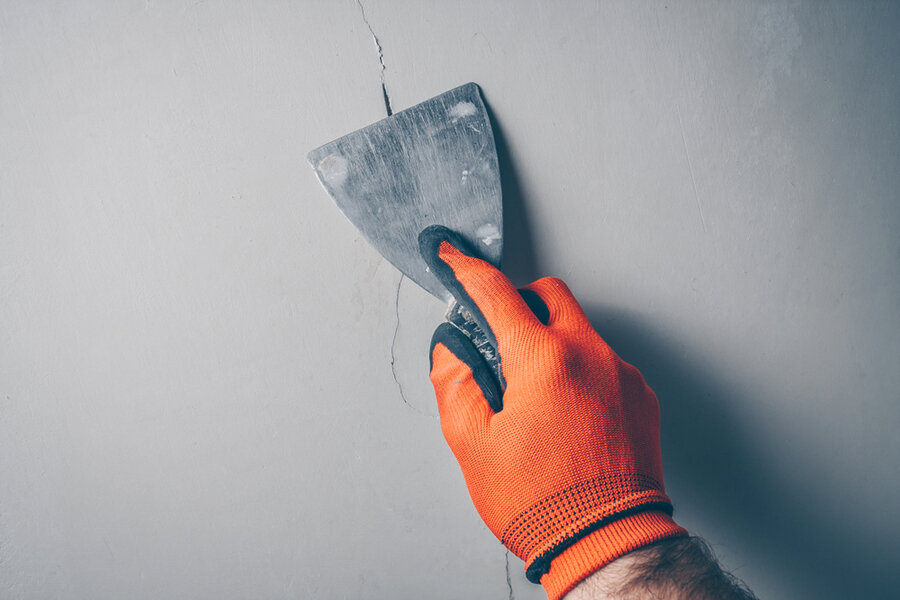
When you have a leaking concrete wall problem, you should always start by identifying the source of the water problem that is penetrating the wall. If the issue is from the downspout or the gutter, you need to fix that first before refinishing the concrete wall. And if the problem is because of the porous nature of the concrete wall, sealing it should fix it.
Frequently Asked Questions
Can I Use Caulk on Outdoor Walls?
Yes, caulk is a durable material for all heavy-duty tasks. For example, if the foundation of an exterior wall has cracks, you can use caulk to restore the wall.
What Is the Cheapest Way To Seal Concrete?
One of the cheapest materials to seal concrete is acrylic sealers. Despite being affordable, it is effective, and you can use this sealant indoors and outdoors.
